|
There are few known examples of literary works that use divination systems as a essential structure form in narrative or poetic terms. This is the case of Italo Calvino The Castle of Crossed Destinies (1973), created from possible interpretations of the card sequences that illustrate each story – some of which appeared initially in an Franco Maria Ricci edition with splendid reproductions of a painted tarot deck designed by Bonifacio Bembo at the fifteenth century for the Milanese dukes. Another example: The Man in the High Castle (1962), the Philip K. Dick alternate reality novel, in which the I Ching, the classical Chinese oracular text not only appears as a narrative device but as a resource for imbroglios solution with the story employed by the author. More rare, however, are the cases in which a narrative or poetic work becomes itself an oracle, absorbing the suggestive properties of divinatory arts texts, images and symbols. This is the Los San Signos case, a kind of imagetic/interpretative translation of I Ching by the Argentine polygraph Xul Solar, into a new language – invented by the author – the Neocriollo, colored by images taken from sources such as Dante's Divine Comedy. This is also the case of Dada Gnosis, a work by the Romanian editor and writer Dan T. Ghetu, whose oracular resonance was perceived by another extraordinary author, Damian Murphy, in a review at Internet (another excellent review/experiment, a review without words, was photographed by Des Lewis).
Speaking about the physical format, as a object, Dada Gnosis is not even similar to a book, because it is a box of matches littered with papers without any apparent order – in fact, there are six folded colored folios, a vague set of mini-booklets. This curiously shape refers simultaneously to a stranger tarot deck and an very appropriate scheme to the illegal texts dissemination, as papers neatly folded and hidden in unsuspected places. Each of these booklets contain poems that reference poets victimized by the terrible historical storms that harassing Romania in the twentieth century. As the title suggests, we are facing a kind of contemporary and iconoclastic gnosis, the knowledge by the power of chance and negativity, both pulsing from every one of the Ghetu poems. These vertiginous and short texts in poetic prose approach themes like the exile, loneliness, war, isolation, persecution. The Ghetu poets join the Jews in the cosmos of persecuted minority, a direct understanding of the people's fate, without any place where they can rest for a long time, before resuming his exile, his escape or death. Thus, the predictions evoked by this curious oracle are not like horoscopes designed in mass media tabloids: the possibilities are protruding from the ruins, a inescapable trend exemplified by the History, the background of each of the hexagrams of this new I Ching. Indeed, there is something ironic and enigmatic in conceiving reflections of frantic and titanic historical conflicts in small folded texts, stuffed inside a small box. These two attributes – the irony and the enigma – attached Ghetu, an editor with immense talent in his Ex Occidente Press, a legitimate heir of the Romanian avant-garde group, the Bucharest surrealists of “Infra-Noir”, who worshiped the mystery, the secrecy, the myth renovated as a strange form of revolution needed to subvert/destroy both the far right politics as the authoritarian left control, both joined by the same prejudices, the same hatred of freedom, in the same false and ridiculous mythology cult. In the Ghetu’s poem dedicated to Mehmet Niyazi, there is a very significative verse: “The angels have come, after all. The poet’s long road home is about to begin.” In the sorrow of the exile, escape, persecution, death, the poem designs the configuration of an open road, a road movie without end. The oracular happiness in Dada Gnosis emerges not from false hope or trivial everyday unreality, but from the poetic perception of a world steeped in blood, but still open, a possibility, a chance.
0 Comments
Leave a Reply. |
Alcebiades DinizArcana Bibliotheca Archives
January 2021
Categories
All
|
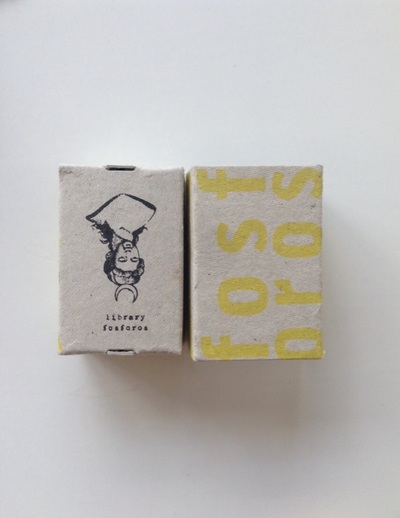
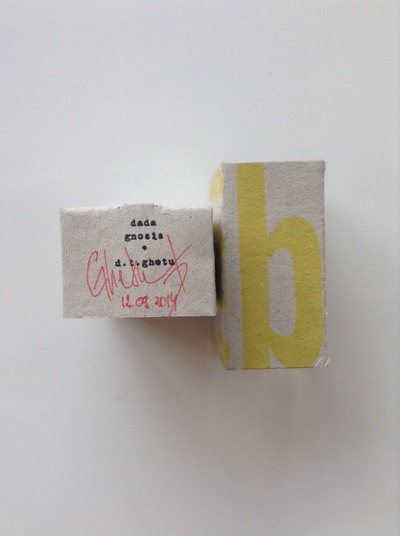
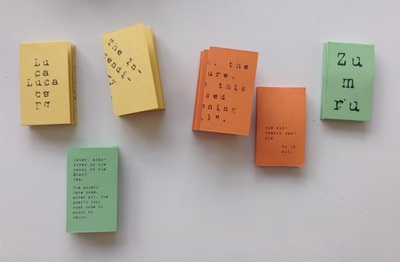
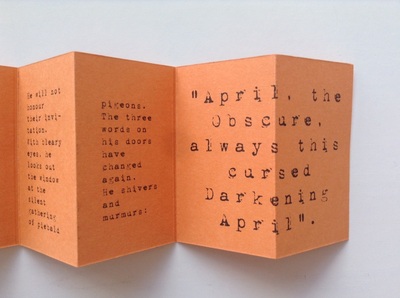
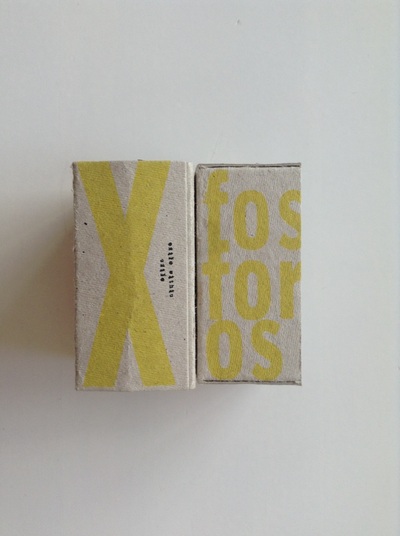
 RSS Feed
RSS Feed
